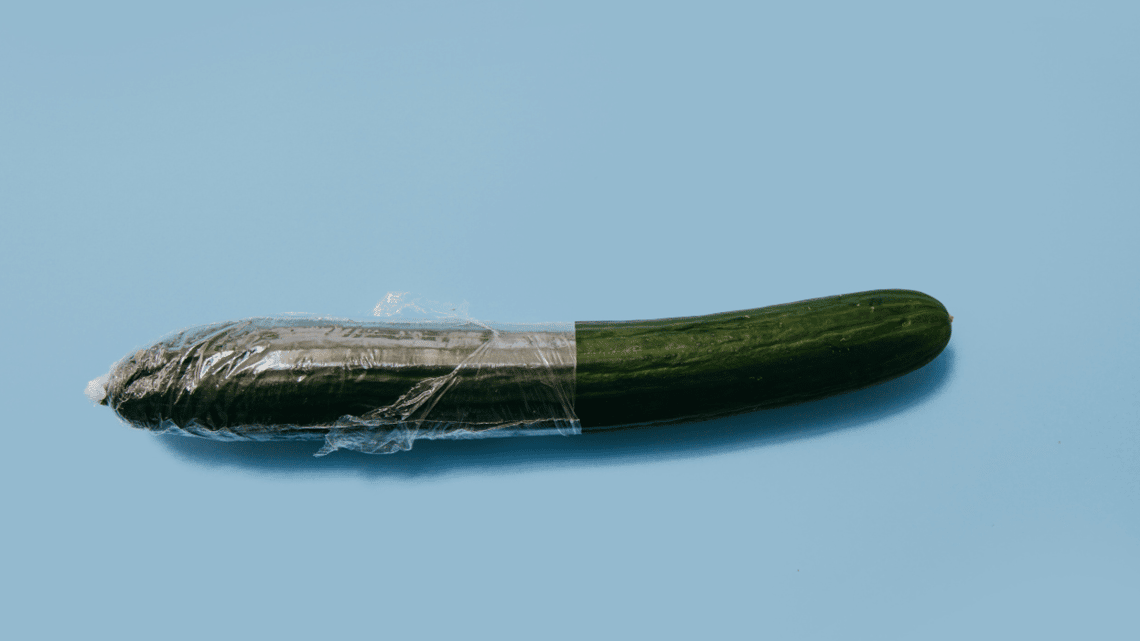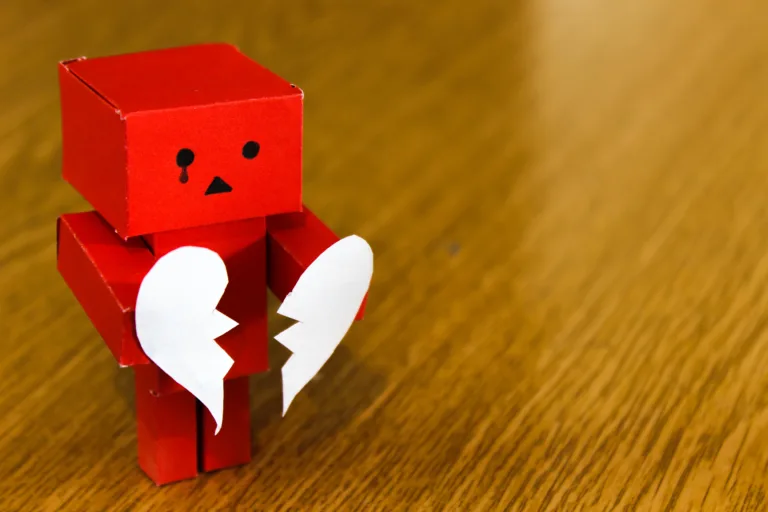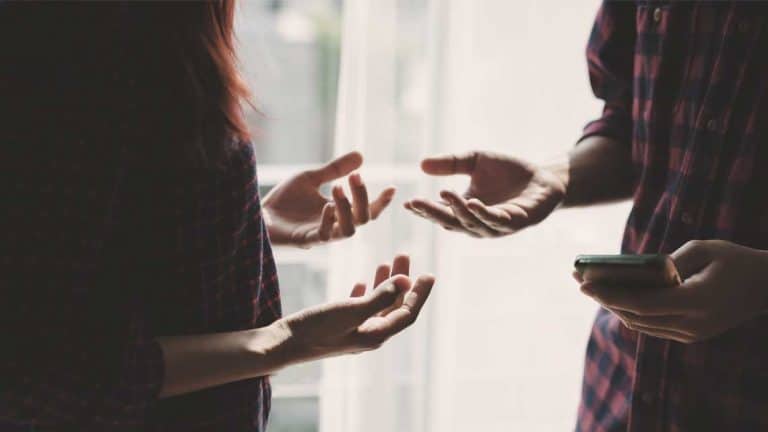If you’ve been sent a non-consensual nude
It can be difficult to work out what to do if you receive a non-consensual nude image or video of someone that was shared. Sharing a nude or intimate image of someone without their consent is called image-based abuse and it can be an offence in New Zealand. It’s important to take the right steps…

It can be difficult to work out what to do if you receive a non-consensual nude image or video of someone that was shared. Sharing a nude or intimate image of someone without their consent is called image-based abuse and it can be an offence in New Zealand. It’s important to take the right steps if you are a bystander to image-based abuse to protect the victim and stop the abuse. We’ve put together some ideas about some actions you can take if you are in this situation.
Non consensual image sharing is different to consent based sharing of nudes. Netsafe has further information about this type of behaviour at The Bare Facts: The reality of sharing online intimate images (netsafe.org.nz)
1. Delete the image
The first thing you should do if you’ve received a non-consensual nude image or video of someone else is to delete it immediately. This is especially important if the image is of a young person as it may be considered child exploitation material. By deleting the image right away you’re making sure that there’s no chance that anyone else could see the image because of you.
2. Tell the person who sent you the image to delete it and stop sharing the image
If you feel like it’s safe to do so, it’s a good idea to let the person who sent the image to you know that on-sharing nude images without consent is not ok and can be against the law. Let them know that they shouldn’t share the image with anyone else and they should delete it from their device. You could also share some information about how image-based abuse is covered by New Zealand law.
3. Reach out to the victim if you can
If it is appropriate to do so, you could consider reaching out the victim of the image-based abuse whose image has been shared. It might be worth seeking out some advice from someone you trust about whether or not it is safe or appropriate to do this. If you do decide to talk to them about what is going on you should let them know they can contact Netsafe for free help and advice. You might also want to speak to them about gathering evidence of the image-based abuse to help them with their report. Visit our Image-based abuse page for more information, or if you’d like advice around reaching out you can contact Netsafe.
4. Speak out against image-based abuse
Research shows that a lot of people still hold views where they blame the victim of the abuse, rather than the person who is responsible for sharing the non-consensual nudes. We can all play a part in addressing this culture by speaking out when we hear someone shaming or minimising the experiences of people who have been the victim of image-based abuse.
CONTACT NETSAFE
Need help or advice? Contact us.
- Text ‘Netsafe’ to 4282
- Email [email protected]
- Call us toll free on 0508 NETSAFE (0508 638 723)
- Online report form at netsafe.org.nz/report
Our helpline is open from 8am – 8pm Monday to Friday and 9am – 5pm on weekends.





